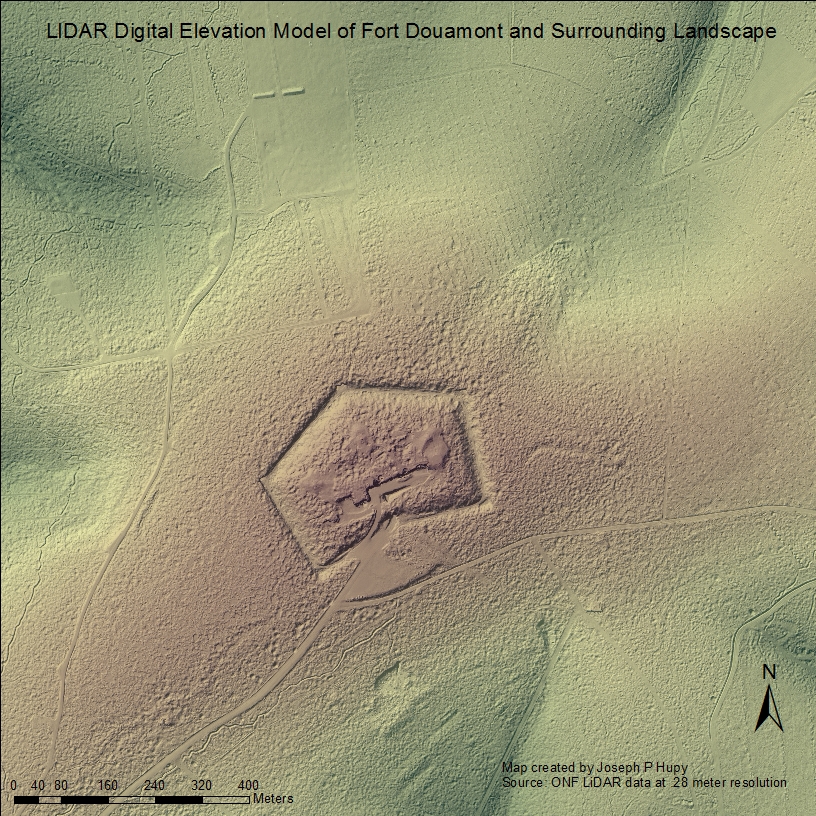Wednesday, April 10, 2024
4:00-5:30 PM
Humanities 1, Room 210
Join Science & Justice Affiliate Lindsey Dillon (Sociology), for a roundtable discussion with Visiting Scholar Katherine Chandler and UC Davis faculty guests Caren Kaplan (American Studies) and Javier Arbona (American Studies, Design). We will gather in Humanities 1 Room, 210. Due to the sensitive nature of the discussion, Zoom will not be available.
Katherine Chandler, Caren Kaplan, and Javier Arbona discuss current research, examining how wartime, colonial and police violence seeps into everyday life by studying data, drone aircraft, explosions, airpower and traffic regulations. Their work grounds and situates discussions of the global public sphere and geopolitical control in specific landscapes and relationships, including connections to the Bay Area.
Lindsey Dillon is an Assistant Professor of Sociology at UC Santa Cruz.
Kate Chandler is associate professor of Culture and Politics in the School of Foreign Service at Georgetown University. Her research studies how technology and media create infrastructures that reinforce, challenge and transform the nation state and a global public. She is the author of Unmanning: How Humans, Machines and Media Perform Drone Warfare (Rutgers, 2023). Her second book, Drone Publics, examines the international networks that promote drone innovation in Africa, asking how the militaristic origins of drone aircraft are refashioned through commercial projects, humanitarianism and development.
Javier Arbona is an Assistant Professor with a dual appointment in American Studies and Design at UC Davis, and affiliations with Graduate Groups in Cultural Studies, Geography, and Community Development. At Davis he coordinates the Critical Military, Security, and Policing Studies research cluster. Explosivity: Following the Remains Across Landscapes is forthcoming (Minnesota, 2025). The book is an experimental archive of racialized exposures to explosive risks as found throughout landscapes of the San Francisco Bay Area since the arrival of nitroglycerin in 1866. Arbona co-founded Demilit, an experimental landscape collective that produces sound, fiction, and critical essays for arts and culture venues.
Caren Kaplan is Professor Emerita of American Studies at UC Davis. Her research draws on cultural geography, landscape art, and military history to explore the ways in which undeclared as well as declared wars produce representational practices of atmospheric politics. Her recent publications include Aerial Aftermaths: Wartime from Above (Duke 2018) and Life in the Age of Drone Warfare (Duke 2017).

